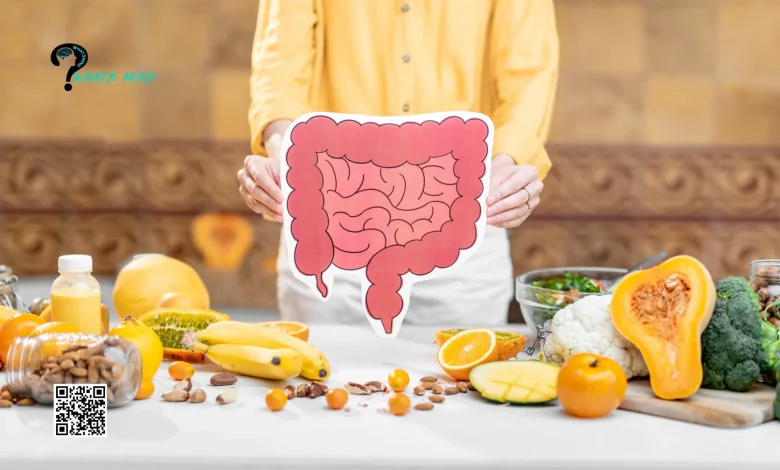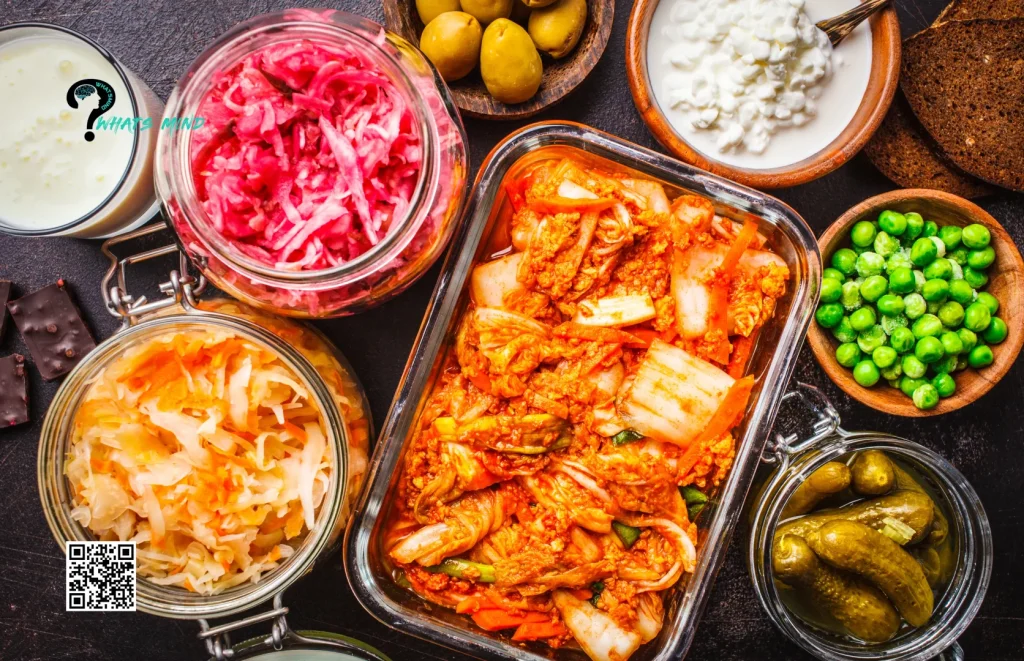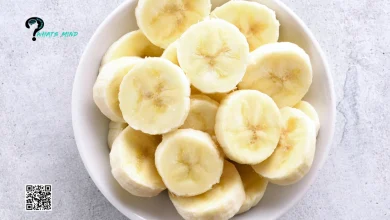How to Deal with Bowel Movement Problems Using Natural Remedies?

The US sees 3.2 million medical center visits each year because of bowel movement problems, such as constipation. It’s a common problem and affects about 14% of the adults in the country.
Constipation can be caused by various reasons, like poor fiber intake, dehydration, lack of activity, etc.
Luckily, there are several natural remedies you can use to treat this uncomfortable condition. In this article, I will discuss some proven natural remedies that you can try before taking any medicines.
Table of Contents
Increase Fiber Intake:
You might have heard people advising you to take fiber to relieve your constipation, and yes, they are right. It does relieve constipation. Now, let us understand the science behind this.
Fiber is the part of our diet (coming from fruits, vegetables, legumes, etc.) that cannot be digested and passed out along with the stool.

Fiber usually adds bulk to the stool and eases bowel movement, thus relieving constipation.
Fiber is of two types: soluble fiber and insoluble fiber. Soluble fibers are said so because they are soluble in water. They absorb the water and form a gel-like material that softens the stool and helps with constipation.
Soluble fibers also lower blood cholesterol. They are found in barley, oats, oranges, avocados, pears, carrots, beans, and various other vegetables.
Insoluble fibers, on the other hand, do not dissolve in water; they particularly serve to add bulk to the stool and ease movement throughout the digestive system. They are found in nuts, cauliflower, green beans, potatoes, wheat bran, and whole-wheat flour.
It is recommended that a person should include 20–30 grams of fiber in his or her diet. However, the amount varies slightly for men and women. It is recommended that women take 28 grams of fiber per day and men take 38 grams of fiber per day.
Since there are two types of fiber, you might be confused about what type of fiber you should focus on for relieving constipation. Insoluble fibers are found to be effective as they facilitate the movement of material in the tract and help to relieve constipation.
However, the food you eat will contain both types of fiber. So it’s important to consume a mix of both types of fibers to maintain balance.
Eat a high-fiber diet, but make sure you don’t suddenly increase the fiber in your diet. Add fiber in your diet gradually, and drink plenty of water to ensure proper fiber function.
Hydrate Yourself:
Many processes in our body rely on water for their normal functioning, including digestion. Dehydration is another cause of constipation. When water is not in adequate amounts in your body, the digestive system cannot add water to the stool, resulting in hard and dry stools that are difficult to pass.

To soften the stool and ease bowel movement, hydrating your body is essential. An average of 15.5 cups of water a day is recommended for men and 11.5 cups for women.
You can also drink other fluids, such as fruit juices, to meet your daily water requirement in addition to water.
Exercise regularly:
Like the other muscles in our body, the muscles of our digestive system also become sluggish and weak due to a lack of activity.
When the muscle of the colon (part of the intestine) becomes weak, it affects the normal bowel movement and causes constipation.
So, to get rid of this problem, you should try exercising regularly so that the muscles in the digestive system become strong and function actively.

Prunes:
Prunes are considered one of the best ways to treat constipation. You can use either prunes or prune juice.
Prune juice doesn’t contain as many fibers as dried prune juice, but both are effective in relieving constipation. The reason is that both contain sorbitol, a sugar alcohol that aids in making the stool bulkier by drawing water to the intestine.
Moreover, prunes contain more fiber than prune juice. The fibers ease the movement of the material through the digestive tract and regulate bowel movement.
Prunes have a significant effect on relieving constipation, but keep in mind you cannot take them in large amounts as they can cause problems like gas, bloating, and diarrhea.
The recommended amount of prune juice for adults is 4–8 ounces per day, and for infants, 2-4 ounces per day. 5 prunes are roughly equal to 4 ounces of prune juice, so you can adjust the amount accordingly if you decide to eat prunes.
Drink Coffee:
If you are a coffee lover, you might have experienced that drinking coffee causes you to use the washroom more frequently. This is because coffee stimulates your gut muscles, which increases digestion and bowel movement.
Research has shown that coffee relieves constipation by activating your digestive system muscles. Coffee stimulates the contraction of the colon and other gut muscles, which results in stool being pushed toward the last part of the intestinal tract.
In addition, studies have shown that caffeinated coffee increases colon activity 60 percent more than water and 23 percent more than decaffeinated coffee.
So, if you are facing constipation it’s the right time to drink coffee. Go, make a good cup for yourself, and get rid of this problem.
Probiotic Foods:
Our digestive system contains healthy and beneficial microbes called probiotics. They colonize our digestive system, play their role in digestion and also prevent the growth of bad microbes.
These beneficial microbes are found in Yogurt, cheese, kimchi, and other fermented foods. It is advised to take probiotics when you are constipated because they enhance the overall health of your gut and improve bowel movement.
However, probiotics might not work immediately after taking them. Their significant effects are shown after consuming them over weeks. So, it’s a better option if you are dealing with chronic constipation.
Moreover, you might face some problems when you start consuming probiotics for the first time like nausea, gas, stomach cramps, etc but it will end with time.
However, in some patients, the probiotics may cause serious side effects such as severely ill patients in an ICU, severely ill infants, hospitalized and postoperative patients, and patients with immune system disorders. If you are facing any one of these problems avoid using this method.
Conclusion:
Disturbed bowel movements can disturb your daily routine and make you feel uncomfortable.
Like other diseases, bowel movement problems like constipation can be treated with both natural remedies and medicine. It is best to try proven natural remedies before moving towards medicines if you are facing mild symptoms.
These remedies include increasing fiber and water intake, exercising, drinking caffeinated coffee, and consuming probiotics and prunes.
It is, however, recommended that you should consult your doctor if you still face the problem after trying the above remedies. The doctor will track your diet and recommend the medicine according to your condition.
You would like to read about:
- Do Chia Seeds Go Bad: Origin, Spoilage Indications & Chia Seeds Recipes
- Factor Meals: Understand, Function, Cost, Benefits, Drawbacks
- Foods To Avoid While Taking Jardiance: Must-Have Foods, Lifestyle Considerations & Jardiance’s Impact
For more information, visit Whatsmind.com




